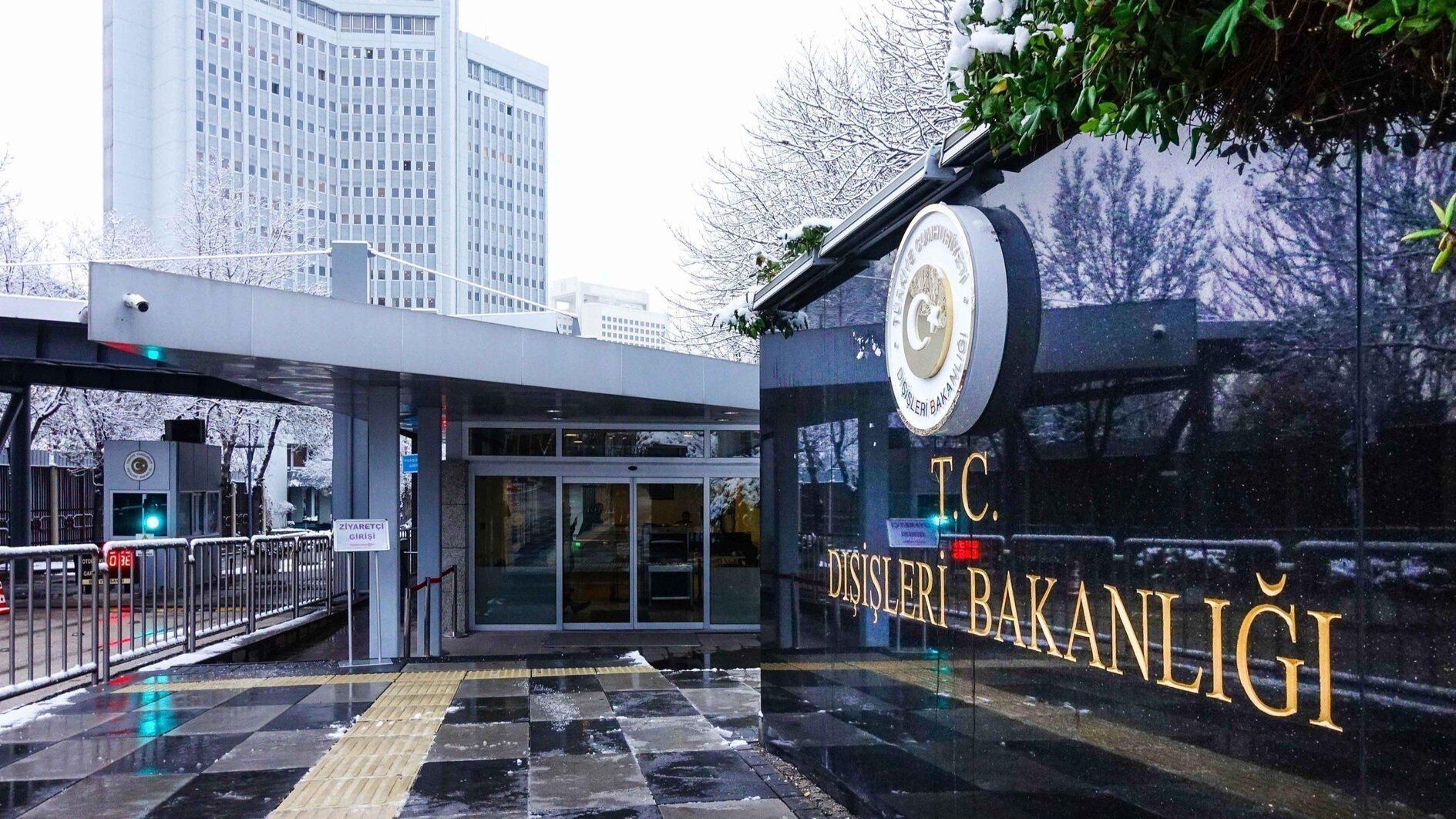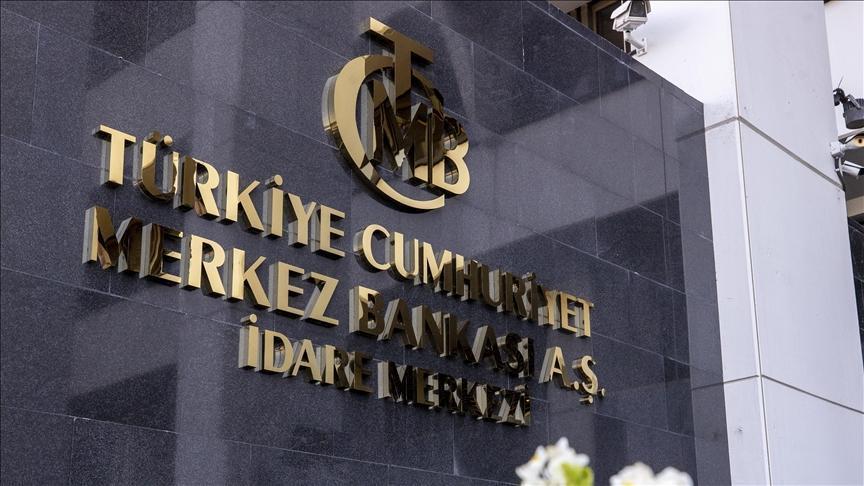The game in Syria is only just starting
The Syria war has set many countries against each other. Yet as if this is not bad enough, it has now started also to set allies and friends at odds.
About three weeks ago it became evident that something was simmering. First, Syrian President Bashar al-Assad vowed to fight until he retook the whole country and won a victory. Upon this statement he was castigated by one of his main supporters, Russia. Russian Ambassador to the U.N. Vitaly Churkin publicly warned al-Assad for the first time. He said the Syrian president had to follow Moscow’s leadership “if he wants to resolve the crisis”.
Russia made another attack one week later, this time with Deputy Foreign Minister Sergei Ryabkov declaring that Syria could become a “federal state.”
As a result, we all started to question whether Russia was gradually withdrawing its support from al-Assad, but the most surprising move came from Iran, the main supporter of al-Assad and Russia’s key ally. When President Hassan Rouhani was asked about Rykabkov’s statement, he smiled for a while and then said: “We enjoy good relations with Russia but that doesn’t mean everything Russia does is approved by Iran.”
Further thickening the plot, Russia then reportedly froze the planned delivery of a S-300 missile defense system to Iran. This development came as a veritable news bombshell.
Al-Assad is the reason why these two allies have fallen out. The Syrian president’s meaning and importance is quite different for these two countries.
Iran needs al-Assad, as he remains the main sponsor of Hezbollah, which has become almost identical with Iran. It is far from clear that a post-Assad Syria would continue this existential support for the Shia group.
Russia, on the other hand, is only seeking to protect its interests in the Middle East and the Eastern Mediterranean via Syria. To this end, it seems that Moscow has started to take action to guarantee its interests in a post-Assad Syria, which has driven Iran crazy.
In other words, as soon as the future of Syria started becoming clearer, allies started going at it hammer and tongs. This is only the beginning. The real squabble will start only once the fight against ISIL is toned down. Countries that currently look like allies are cooperating only tactically on the ground. Once the fight is over they will start having to share the cake and their interests will clash.
The U.S. and Russia will probably take the lead. At the moment they are cooperating behind the scenes without directly contacting each other. But once the ISIL front closes down and the sharing of sovereignty in Syria starts, their clash of interests will rise to the surface.
Their rivalry over the Syrian Kurdish Democratic Union Party (PYD) recently came to light, which is a harbinger of things to come. The U.S. has been supporting the PYD’s progress in the eastern part of northern Syria (Rojava), while Russia has been backing the PYD’s march in the western part of northern Syria. But Washington has been giving more and more signals over the past couple of weeks that it is not happy with Russia’s flirtation with the PYD.
Furthermore, after the presidential elections in the U.S. in November, Washington may reevaluate its Syria policy. If a new president chooses to become more active in the Middle East, a bigger U.S.-Russia confrontation may not be so far away.
The same applies to the groups inside Syria. The PYD has been fighting on the ground together with some of the Arab groups. But once the ISIL front closes down, Syrian Kurds and Arabs will find themselves fighting for dominance in the country. This goes for all opposition groups in Syria that are currently cooperating on a tactical basis. This disintegration also carries the risk of a deeper clash of interests between Turkey and U.S., who are supporting different groups on the ground.
The PYD and al-Assad’s forces are not currently fighting each other. On the contrary, they seem to have decided to share out their respective domains. But once the fever in Syria starts to die down, it is highly likely that they will also start jostling with each other.
The same scenario rules for Iraq. Today, Baghdad and Arbil are keeping their tension under control due to the shared ISIL threat and the economic hardship caused by the war. Nevertheless, Kurdistan Regional Government (KRG) President Massoud Barzani continues to raise the issue of independence from time to time – most recently just a couple of days ago.
As soon as the dust starts settling, Arbil will certainly start raising the flag of independence. The two centers will also be increasingly at odds over the share of oil revenues in Iraq.
The real question is whether Baghdad, which has gradually come under Iran’s influence since the U.S. intervention in Iraq in 2003, will remain under Iranian dominance? Or will it start to compete against Tehran as a Shiite center?
I don’t want to demoralize you, but it looks like we may soon be craving even the turbulent days we are currently going through.











